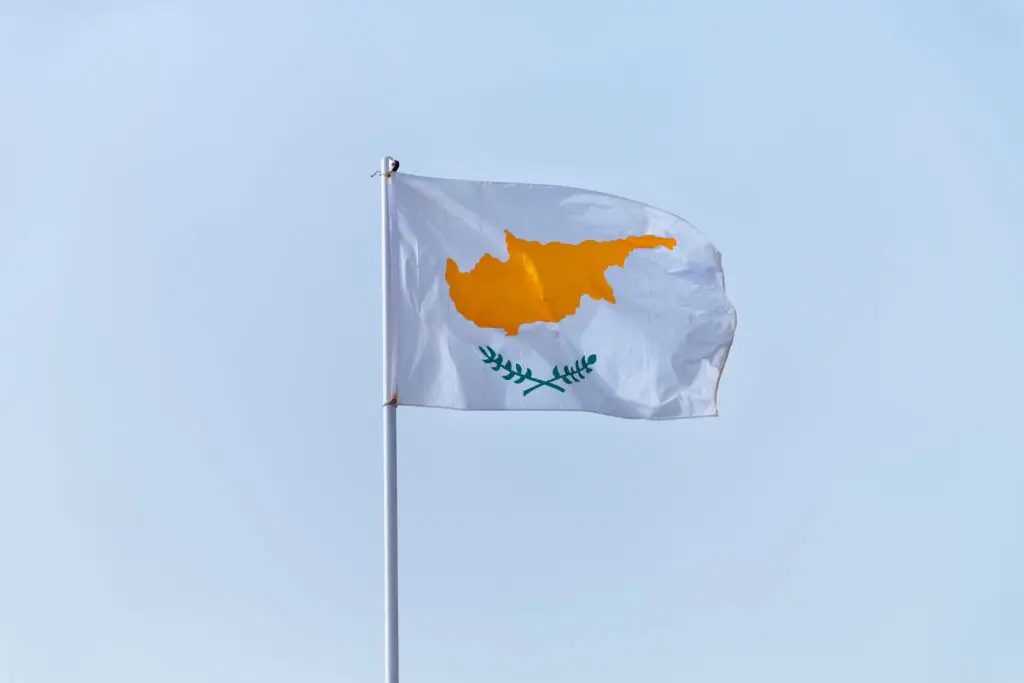Australia and Germany have signed a new double tax agreement (DTA) that lowers withholding tax rates on cross-border income and introduces new anti-abuse and prevention of non-taxation rules.
The new agreement was signed on November 13 and replaces the DTA signed in 1972. It was signed by Australian Finance Minister Mathias Cormann and his German counterpart Wolfgang Schäuble.
Under the new treaty, the maximum withholding tax rate for dividends will be 15 percent. The rate will be five percent of the gross amount of the dividend for intercorporate dividends paid to companies that hold ten or more percent of the shares of the paying company. A zero percent rate will apply for intercorporate dividends paid to publicly listed companies or their subsidiaries, or unlisted companies in certain circumstances, that hold 80 percent or more of the paying company.
The withholding tax rate for interest will be ten percent, with an exemption for interest derived by government bodies, central banks, and unrelated financial institutions. The rate for royalties will be five percent.
The preamble of the new agreement clarifies that its express purpose is to eliminate double taxation in the case of taxes on income and capital, without creating opportunities for non-taxation or reduced taxation through tax evasion or avoidance. The benefits of the treaty will be denied to those abusing its provisions. Nothing in the DTA will prevent either country from applying their domestic anti-evasion and anti-avoidance laws.
A mutual agreement procedure will afford taxpayers three years in which to seek assistance from the relevant revenue agency in the resolution of tax disputes arising from the DTA’s application. Taxpayers will be able to refer disputes that remain unresolved after two years to independent and binding arbitration. The DTA also includes a tax information exchange clause.
In a joint release with Treasurer Scott Morrison, Cormann said: “Australia and Germany today signed a new 21st century tax treaty, which will reduce tax impediments to increased bilateral trade and investment and improve the integrity of the tax system. This more modern tax treaty will create new opportunities for Australian business and help ensure that multinational corporations pay their fair share of tax.”
The Ministers added: “Importantly, the new treaty gives effect to the OECD/G20 Base Erosion and Profit Shifting (BEPS) recommendations, demonstrating the Australian Government’s continued commitment to tackling international tax avoidance practices. Modernized tax treaty arrangements will further foster the already strong business relations between Australia and Germany.”
The agreement will enter into force after both countries have completed the necessary domestic ratification procedures. The Australian Government said that it will introduce legislation into Parliament as soon as practicable.
Source: tax-news.com





